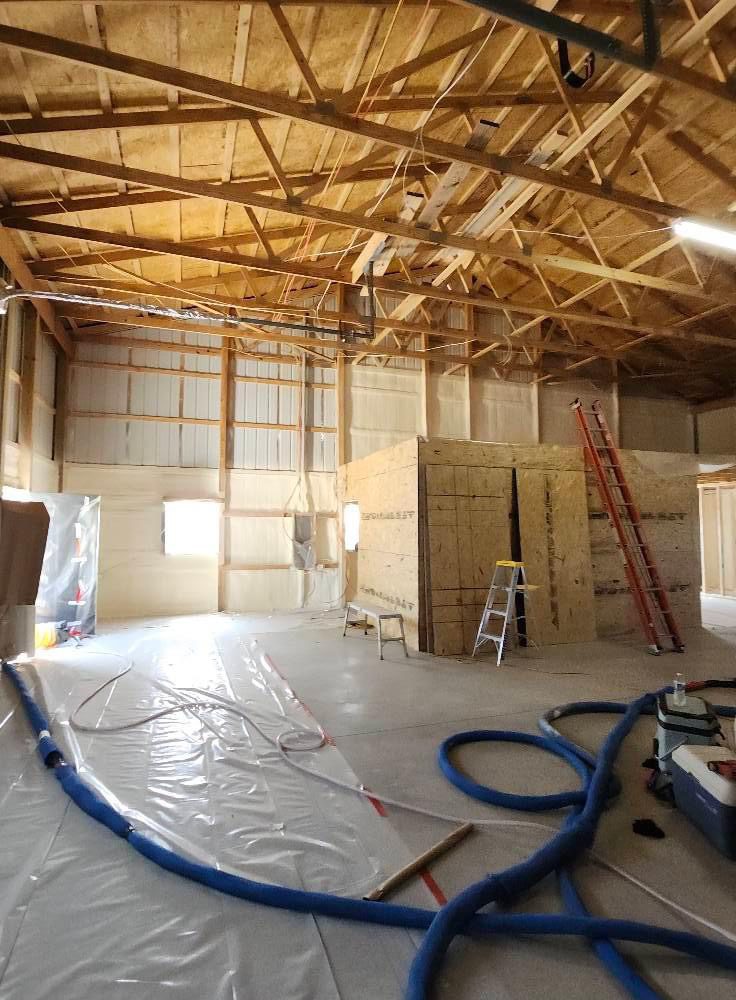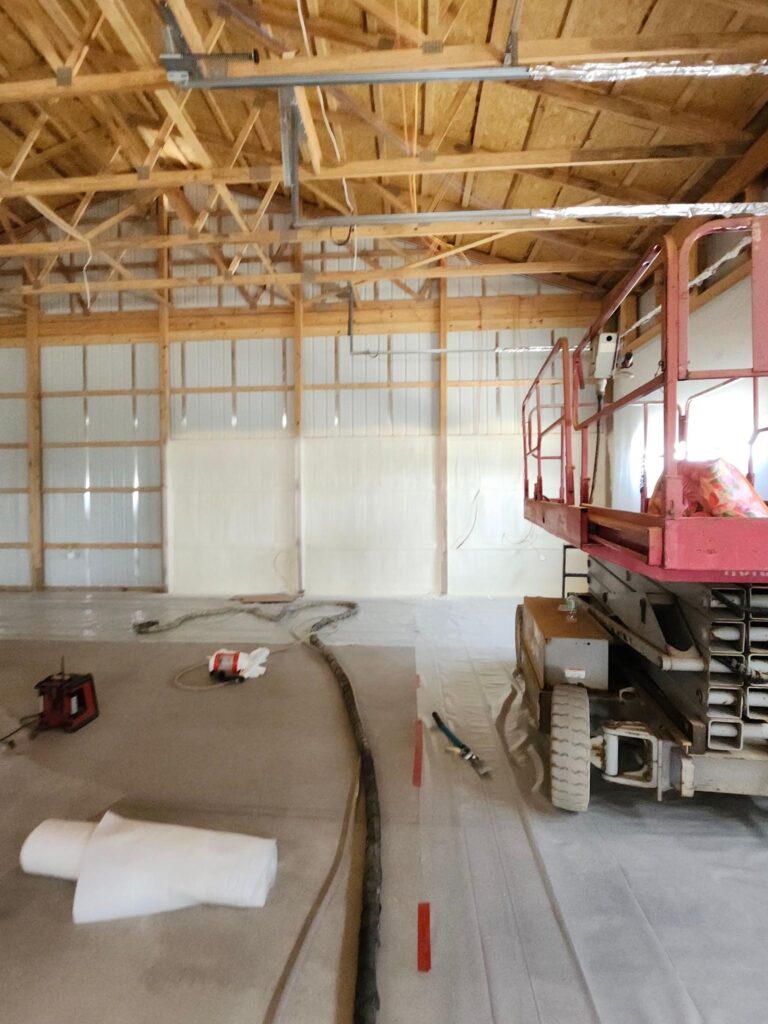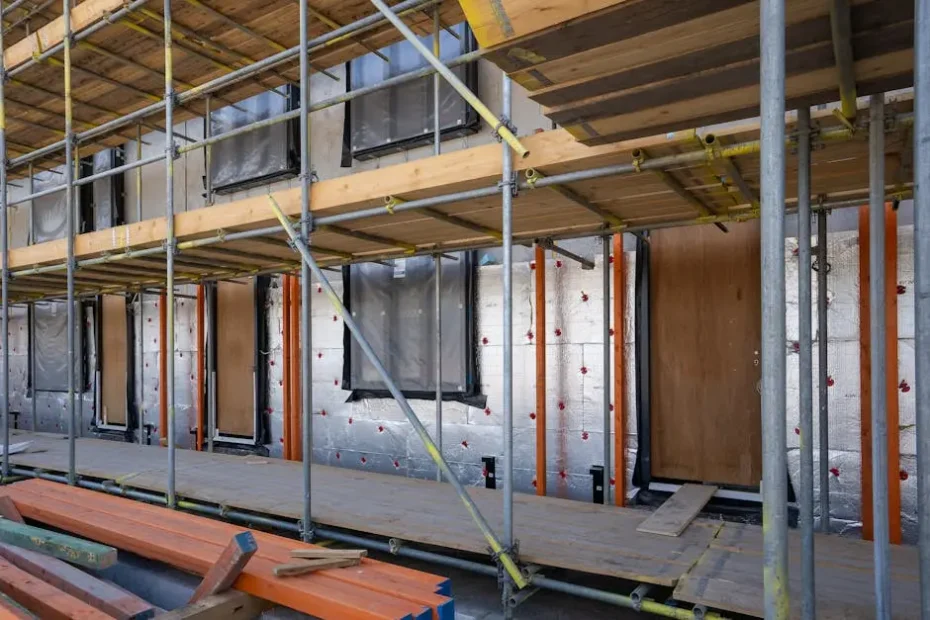
In today’s world, energy efficiency is more important than ever. An insulation contractor plays a crucial role in ensuring our homes and buildings are energy-efficient. We’ll explore how these professionals enhance energy savings through their expertise in insulation.
Understanding the Role of Insulation Contractors
Insulation contractors are experts dedicated to optimizing the thermal envelope of your home. Their primary goal is to ensure that your space retains heat in winter and stays cool in summer, ultimately leading to energy savings.
These professionals evaluate your home’s specific insulation needs, considering factors such as location, climate, and building structure. By doing so, they can recommend the most effective insulation materials and techniques to improve energy efficiency.
In addition to installations, insulation contractors often provide valuable advice on maintenance and upgrades. This means you’ll always know how to keep your insulation in top shape, which is crucial for long-term performance and savings.
Assessing Your Home’s Insulation Needs
A thorough assessment of your home’s insulation needs is the first step in improving energy efficiency. Insulation contractors usually conduct a comprehensive inspection, identifying areas where heat escapes or enters.
They utilize tools like thermal cameras and blower door tests to pinpoint gaps in insulation. This data-driven approach helps in creating a complete picture of your home’s insulation performance.
Once the assessment is complete, contractors can recommend tailored solutions that address the specific issues identified. This personalized strategy ensures maximum effectiveness and efficiency in your insulation system.
Types of Insulation Materials Used
The choice of insulation material can significantly impact energy efficiency. Insulation contractors are knowledgeable about various types, including fiberglass, foam, cellulose, and mineral wool.
Each material has its unique properties. For instance, fiberglass is non-combustible and offers good thermal performance, while foam provides superior air sealing capabilities. A good contractor will guide you to the right option based on your home’s specific needs.
Additionally, insulation contractors stay updated on eco-friendly options. They can offer sustainable materials that not only enhance energy efficiency but also lower your carbon footprint.
Benefits of Professional Installation
Hiring an insulation contractor for installation comes with several benefits. First and foremost, professional installation often results in better performance and longevity of insulation materials. A well-installed insulation not only fills all gaps but also adheres to industry standards.
Moreover, these experts ensure that safety protocols are followed during the installation process, particularly when dealing with materials like spray foam that require specialized handling.
Another advantage is the warranty and support that professional contractors provide. Many reputable insulation contractors offer warranties on their work, giving you peace of mind regarding your investment in energy efficiency.
Long-Term Energy Savings
Investing in insulation through a professional contractor ultimately saves money in the long run. Proper insulation leads to lower utility bills, which can quickly offset the initial installation cost.
In fact, many homeowners notice a substantial decrease in their heating and cooling expenses after installing quality insulation. This financial benefit, combined with a more comfortable living space, makes the case for hiring an insulation contractor compelling.
Furthermore, well-insulated homes often have higher resale values. Potential buyers are increasingly looking for energy-efficient features, making enhanced insulation a selling point when the time comes to move.
Enhancing Energy Efficiency with Professional Insulation
Understanding the valuable contributions of an insulation contractor can empower you to make informed decisions about your energy efficiency. Investing in proper insulation not only saves on energy costs but also promotes a comfortable living environment.

